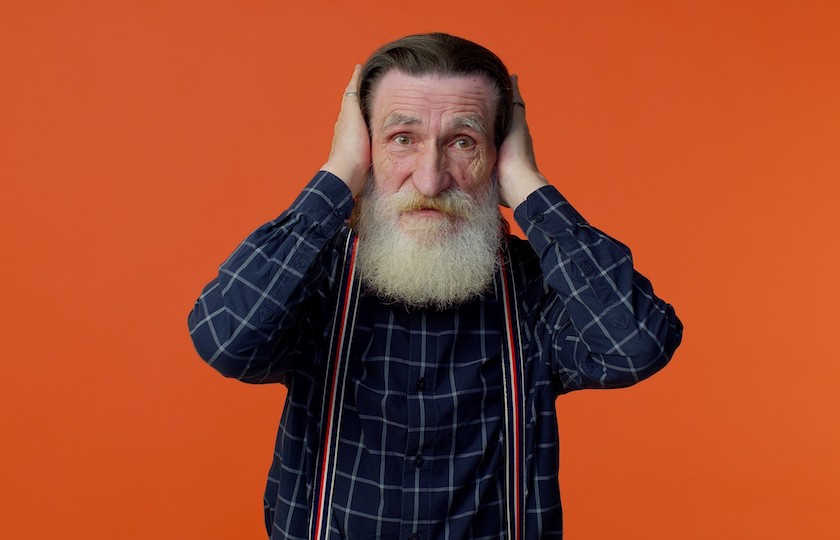Researchers have found widespread, growing evidence of conservative think tanks (CTTs) and blogs trying to discredit the science behind climate change and attack the credibility of individual scientists working in the field.
An international team of researchers including Monash University (Melbourne)’s Dr John Cook and colleagues from the University of Exeter in the UK and Trinity College in Dublin, Ireland developed a machine-learning model to automatically detect and categorise climate misinformation. They then created a 20-year history of climate misinformation to find common topics, themes, peaks, and changes over time, in what is the largest analysis of the content of climate misinformation yet. Their research was published in the nature journal Scientific Reports overnight.
“Our study found claims used by such think-tanks and blogs focus on attacking the integrity of climate science and scientists, and, increasingly, challenged climate policy and renewable energy,” said Dr Cook.
“Organised climate change contrarianism has played a significant role in the spread of misinformation and the delay to meaningful action to mitigate climate change.”
Dr Cook said the problem of misinformation surrounding climate change is so widespread, practical solutions need to be scalable to match the size of the problem.
“Misinformation spreads so quickly across social networks, we need to be able to identify misinformation claims instantly in order to respond quickly. Our research provides a tool to achieve this.”
After reviewing 255,449 documents from 20 high-profile CTTs and 33 blogs, they listed five core incorrect claims about climate change:
- It’s not happening
- It’s not us
- It’s not bad
- Solutions won’t work
- Climate science / scientists are unreliable
In general, CTTs were found to focus predominantly on the shortcomings of climate solutions and labelled them as harmful to the economy, environment and society, along with attacking climate science and scientists.
One standout discovery was the spike in policy claims in late 2009, which coincided with both the intense debate on the American Clean Energy and Security Act and the COP15 climate summit in Copenhagen.
“While some research has examined attacks on climate scientists, the bulk of research into climate misinformation has focused on trends, attribution, impact, or solutions,” Dr Cook said.
“This shows a need for more research into attacks on climate science and scientists, and development of educational resources and public communication to counter these efforts.”
The researchers said climate misinformation leads to a number of negative outcomes including reduced climate literacy, public polarisation, cancelling out accurate information and influencing how scientists engage with the public.
Main image: @Efuror via Twenty20.



